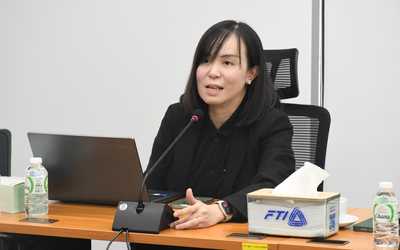The Impact of Cash Transfers on Child Outcomes in Rural Thailand: Evidence from a Social Pension Reform
Abstract
Unlike standard literature on the social pension policy and children's outcomes, this paper provides evidence from Thailand that an introduction of small (equivalent to 2–3 days of minimum wage) but universally covered social pension can affect educational choice and work status of children living with eligible pensioners. Such a result seems to be driven by the characteristics of newly eligible pensioners who are not as poor as the pensioners under the targeted program before the reform. Our findings also show differential effects of the social pension by genders of the children and pensioners. In particular, teenage boys living with male pensioners are more likely to enroll in the secondary school compared to children in the control group living with almost eligible seniors, while the results for teenage girls are rather inconclusive.









